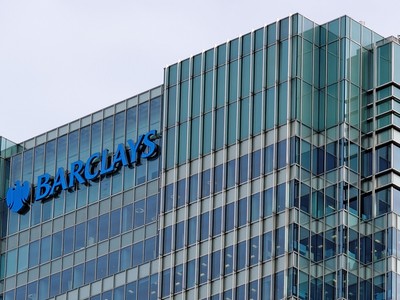Businesses that benefit from the network effect are said to see the value of their product or service increase with the number of users. This may sound simple, but it is actually quite uncommon and is a pretty powerful competitive advantage for a company to possess.
Think about your favourite restaurant. That business delivers value to you by providing good food at a reasonable price. It likely doesn’t matter too much to you whether the place is crowded or empty, and in fact, you might prefer it if it wasn’t terribly crowded. The value of the service is almost completely independent of how many other people use it.
Now if we look at a business like Visa, then this dynamic changes. Visa acts as a card network which allows consumers to transact with merchants. The more merchants which accept Visa, the more places which you can use your Visa debit or credit card, therefore the more valuable those cards become to you. The power of this competitive advantage is demonstrated by the fact that the top three card networks – Visa, MasterCard and Amex - control over 90% of all spending on debit and credit cards globally. It is extremely hard for a would-be competitor to replicate the merchant networks which these businesses possess, leading to the concentrated market structure which exists today for card networks.
We are most likely to find the network effect in businesses based on sharing information, or connecting users together, rather than in businesses that deal in physical goods.
Bear the network effect in mind the next time you use your bank card, view your social media or make a purchase from an auction website.


